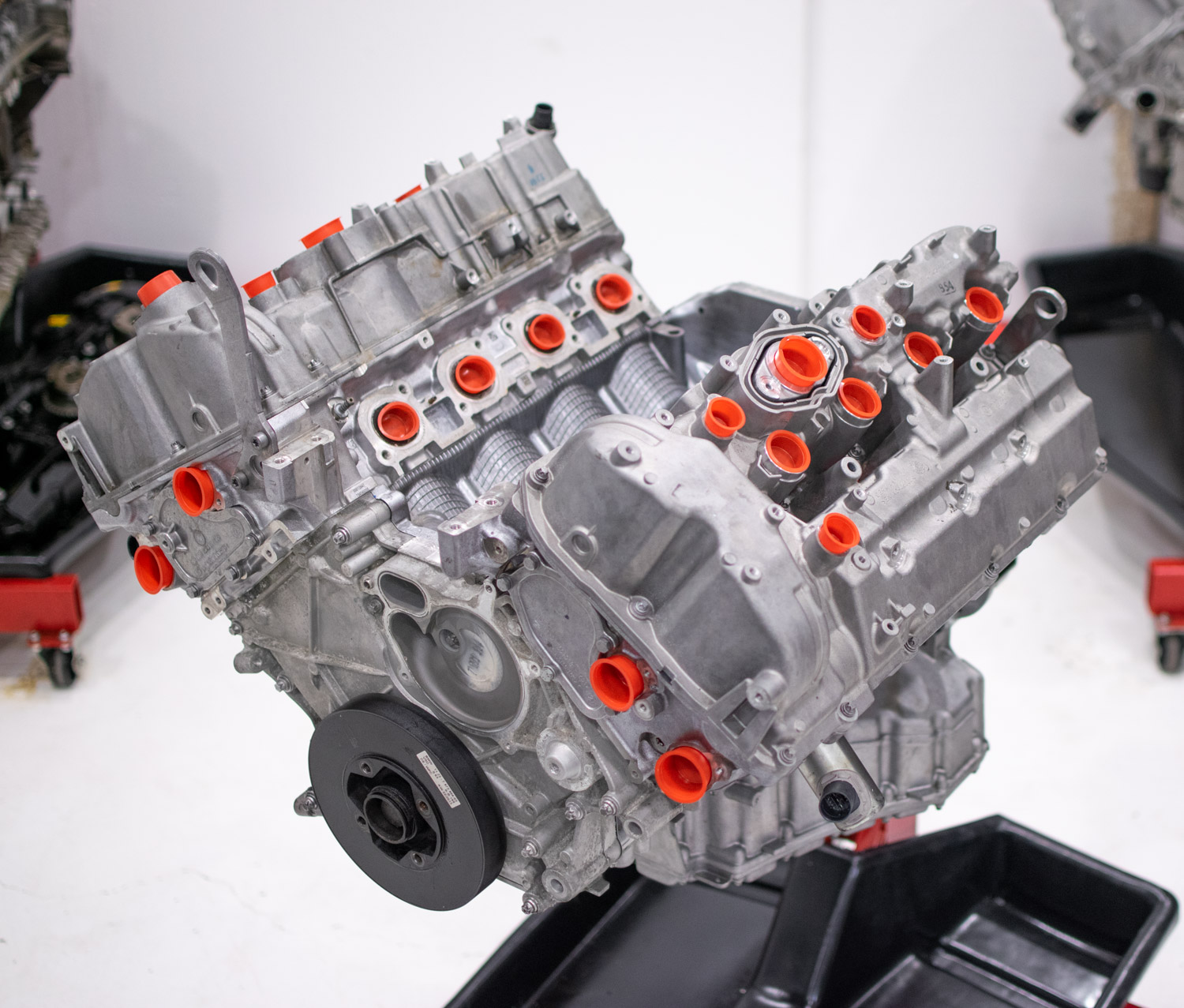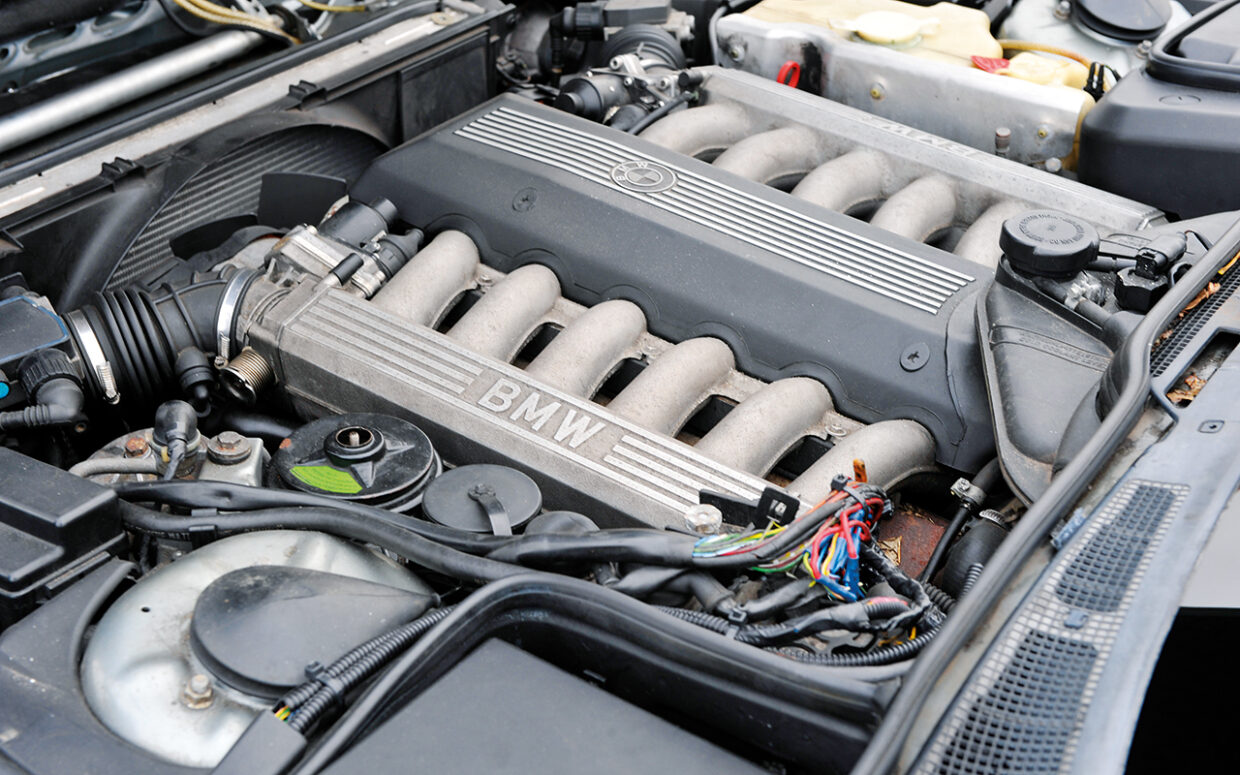Top 5 BMW Engine Technologies Transforming the Automotive Industry
Top 5 BMW Engine Technologies Transforming the Automotive Industry
Blog Article
Introducing the Intricacies of Next-Generation Power Units: a Deep Dive Into Advanced Engine Layouts and Developments
As we stand on the precipice of a brand-new period in transportation, the intricacies of next-generation engine layouts beckon us to discover the sophisticated modern technologies and developments that assure to redefine the driving experience. Digging deeper right into the realms of emission control, smart engine monitoring systems, and the perspective of power device development, we locate ourselves on the cusp of an improvement that guarantees to reshape the landscape of wheelchair as we understand it.
Evolution of Engine Materials

The change towards advanced engine products has likewise enabled engineers to make engines with greater power outcomes while preserving gas effectiveness requirements. For example, using lightweight materials reduces the general weight of the engine, leading to improved gas economy and lower discharges. In addition, developments in materials technology have actually allowed for much better thermal administration within engines, leading to enhanced dependability and durability.
Turbocharging and Supercharging Technologies
How do Turbocharging and Supercharging Technologies revolutionize engine efficiency and performance in modern-day vehicles? Supercharging and turbocharging are modern technologies that dramatically boost engine efficiency by increasing the amount of air intake into the combustion chamber. Turbocharging attains this by using a generator driven by exhaust gases to pressurize the consumption air, while turbo charging uses a belt- or chain-driven compressor to attain the very same effect.
These technologies allow smaller, extra fuel-efficient engines to create power equivalent to bigger ones, referred to as downsizing. Forcibly even more air right into the cyndrical tubes, turbocharging and turbo charging boost burning performance, resulting in boosted horsepower and torque output without a considerable increase in engine size. This results in far better velocity, pulling ability, and overall driving efficiency.
In addition, supercharging and turbocharging add to boosted gas performance by permitting the usage of smaller engines that eat less gas under regular driving conditions - bmw engine. This combination of improved efficiency and efficiency has actually made turbocharging and supercharging integral parts of numerous modern-day engine layouts
Emission Control and Environmental Impact
With enhancing international problems relating to air high quality and ecological sustainability, the application of exhaust control modern technologies in vehicles plays an important role in minimizing hazardous toxins launched into the environment. Modern lorries are equipped with innovative exhaust control systems that help reduce the ecological influence of vehicle procedures. Catalytic converters, as an example, are designed to convert poisonous gases such as carbon monoxide gas, nitrogen oxides, and hydrocarbons into less dangerous compounds like carbon dioxide and water vapor.
Additionally, developments in engine innovation, such as the integration of exhaust gas recirculation systems and discerning catalytic decrease, have actually substantially contributed to lowering exhausts. These innovations operate in tandem to optimize combustion performance and minimize the release of dangerous contaminants into the air. Additionally, the development of crossbreed and electrical cars represents a critical step towards reducing the general environmental footprint of the transportation industry.
Intelligent Engine Management Solution

Furthermore, these systems make it possible for automobiles to fulfill strict discharges requirements without compromising efficiency, giving a much more eco friendly driving experience. The combination of artificial knowledge and maker learning capacities in engine monitoring systems remains to press the boundaries of what is possible, resulting in further improvements in performance, integrity, and general car efficiency. bmw engine. As vehicle technology breakthroughs, smart engine management systems will certainly play an important duty in shaping the future of transport in the direction of an extra lasting and effective direction
Future Trends in Power System Growth
As this content smart engine management systems pave the way for improved control and optimization in modern vehicles, future fads in power system development are positioned to redefine the landscape of auto propulsion innovations. These different power sources offer boosted performance and performance while lining up with rigid ecological policies.
One more substantial pattern is the combination of innovative materials and making methods. Lightweight materials such as carbon fiber and light weight aluminum are being utilized to minimize total automobile weight, enhancing fuel efficiency and performance. Additionally, innovations in 3D printing and additive manufacturing are enabling the manufacturing of intricate engine parts with greater accuracy and longevity.
Moreover, expert system and artificial intelligence are playing a critical role in enhancing power unit efficiency. These technologies enable for real-time tracking and adaptive control, leading to extra effective and reputable power delivery. Overall, future patterns in power system growth are tailored in the direction of sustainability, efficiency, and efficiency, driving the auto industry in the direction of a brand-new age of propulsion technologies.

Final Thought
In verdict, the innovations in engine products, turbocharging, emission control, and intelligent management systems have actually paved the way for next-generation power systems. The complex layouts and innovations in modern-day engines showcase the ongoing development of auto technology.
Exploring the modern innovations in engine materials has been crucial in improving the performance and effectiveness of modern engines. Over the years, click here for more the development of engine materials has played a crucial role in pressing the boundaries of what engines can achieve.The change in the direction of special info advanced engine products has actually also allowed engineers to create engines with greater power results while keeping gas performance criteria.The application of intelligent engine monitoring systems in modern-day automobiles has revolutionized the way engines are managed and maximized for efficiency and performance. By accumulating information in real-time and analyzing it with innovative formulas, intelligent engine administration systems can adjust to driving styles, ecological elements, and engine health and wellness to make the most of power outcome while minimizing gas usage and emissions.
Report this page